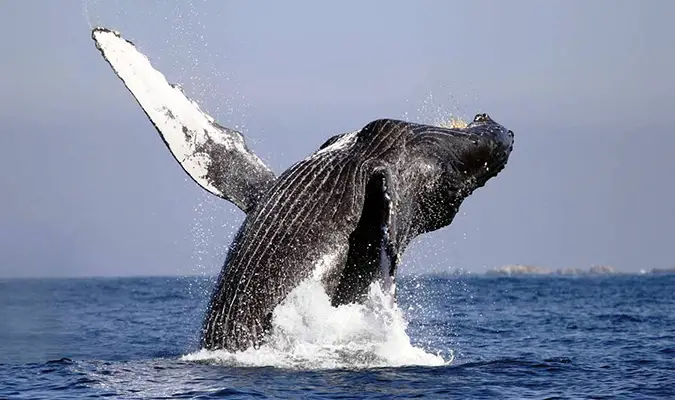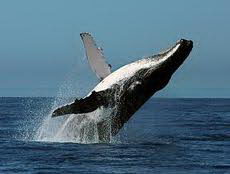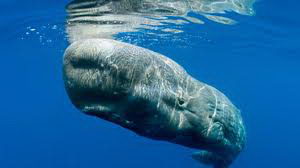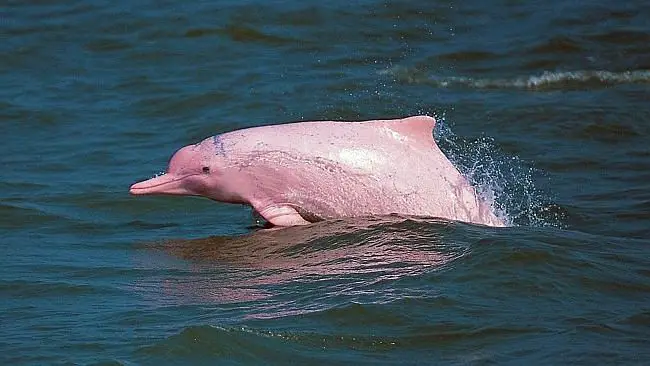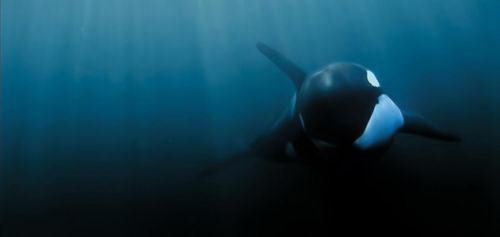Read and memorize all these interetsing beluga whale facts. The beluga whale (Delphinapterus leucas) is a mammal that inhabits in the Sub-Arctic and Arctic cetacean. These species are also called white whale. The beluga whale belongs to the family of Monodontidae together with the narwhal. Because of its high-pitched twitter, the beluga whale is known as sea canary. These whales can grow to a size of about 5 meters (16 feet). These mammals are listed as ‘near threatened’ by the International Union for Conservation of Nature.
Amazing Beluga Whale Facts
The length of the male beluga whale measures around 2.6 – 6.7 meters (8.5 – 22 feet), with an average length of 4 meters (13 feet).
The weight of the male beluga whale measures around 1,100 – 1,600 kg (2,400 – 3,500 lb), rarely up to 1,900 kg (4,200 lb).
The female beluga whales measure around 3.6 meters (12 feet), while they weigh around 700 – 1,200 kg (1,500 – 2,600 lb).
The females are smaller in comparison to the males.
The beluga whales are wholly white in color and are often confused with other white species.
The beluga whale’s rostrum consists of 8 – 10 teeth on each side of the jaw with the total numbers are 34 – 40 teeth.
Belugas are considered to be highly sociable mammals. A single group may comprise of hundreds of whales.
The mothers will nurse their calves for about two years.
One of the strange facts about beluga whales is that they can swim backwards too.
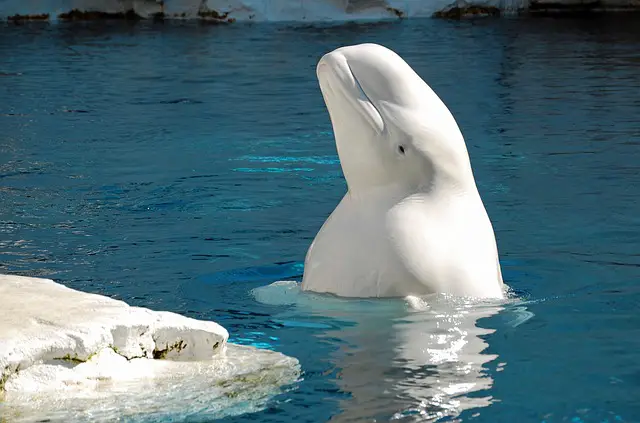 Where Do Beluga Whales Live
Where Do Beluga Whales Live
These types of whales are the inhabitants of Arctic and sub-Arctic waters along the coasts of Greenland, Canada, Russia, and Alaska. Some of these species are also known to reside in the St. Lawrence River, Saguenay fjord, Quebec, Sakhalin Island, and the Sea of Okhotsk. In summer, they move towards estuaries, bays and other deep inlets. Back in 2006, one of the beluga whales was found in the Tanana River quite adjacent to Fairbanks in Alaska.
Reproduction | Beluga Whale Facts
- The males reach the maturity age in between 4 – 7 years; while females become mature in between 6 – 9 years.
- The lifespan of beluga whales is about 50 years.
- The females normally give birth to one calf in every three years.
- The mating season begins in February and May.
- The gestation period lasts for about 12 – 14.5 months.
- In Canadian Arctic, the calves are born in between March and September whereas in the Hudson Bay, the period is in June.
- The calves measure around 1.5 meters (4.9 feet) long, with the weight measuring at 80 kg (180 lb).
- These newborn calves are grey in color and will stay with their mother for two years.

